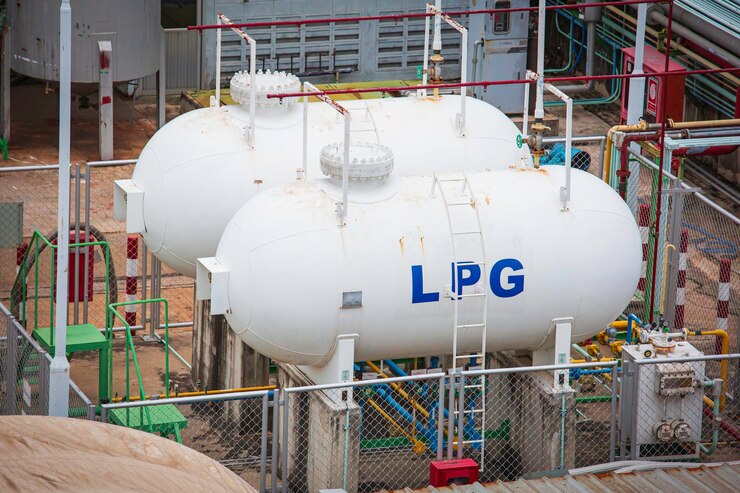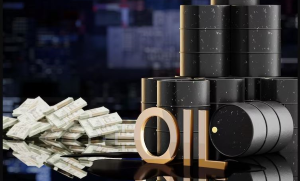
Oil derivation
Liquefied Petroleum Gas (LPG)
Product | LPG |
|---|---|
Packaging | Flexitanks, bulk |
Price | Negotiable |
Payment Terms | Negotiable, T/T |
Delivery Terms
| FOB, CIF, CFR, CPT and FCA |
Min Order
| Negotiable |
HS Code | 271119 |
Liquefied petroleum gas (LPG, LP gas, or condensate) is a fuel gas made of petrol which contains a flammable mixture of hydrocarbon gases, most commonly propane, butane, and propylene. However, the latter two typically compose 5% or less of the mixture.
LPG is used as a fuel gas in heating appliances, cooking equipment, and vehicles. It is increasingly used as an aerosol propellant and a refrigerant replacing chlorofluorocarbons in an effort to reduce damage to the ozone layer. When specifically used as a vehicle fuel. It is often referred to as autogas.
| Properties | Test Method | Value | Units |
|---|---|---|---|
| Ethane | GC. | 0.4 Max | Mol % |
| Propane | GC. | 98 Min | Mol % |
| Butane | GC. | 1.4 Max | Mol % |
| Butane & Heavier | GC. | 0.01 Max | Mol % |
| Copper Corrosion | D-1838 | NO. 1a Max | -- |
| Hydrogen Sulfide | D-2420 | 5 Max | Vol.ppm |
| Vapor Pressure | D-2598 | 200 Max | 200 Max |
| Water Content | D-2713 | Pass | -- |
| Properties | Test Method | Value | Units |
|---|---|---|---|
| Ethane | GC. | 0.08 Max | Mol % |
| Propane | GC. | 2 Max | Mol % |
| Total-C4 | GC. | 97.5 Max | Mol % |
| Total-C5 | GC. | 0.082 Max | Mol % |
| Copper Corrosion | D-1838 | NO. 1a Max | -- |
| Total Sulfur | D-3246 | 30 Max | Wt.ppm |
| Hydrogen Sulfide | D-2420 | 5 Max | Vol.ppm |
| Vapor Pressure @ 100 F | D-2598 | 70 Max | 200 Max |
| Water Content | SHAW DEW POINT | Pass | -- |
Questions? You’re covered.
Safety is paramount when using LPG for cooking or heating. Users should ensure proper ventilation in enclosed spaces, regularly inspect gas appliances for leaks or damage, and follow manufacturer instructions for safe installation and operation. It's also crucial to store LPG cylinders upright in well-ventilated areas away from heat sources and flammable materials.
Transporting and distributing LPG require specialized infrastructure and safety measures due to its highly flammable nature. Challenges include ensuring proper handling and storage during transit, maintaining product quality, and complying with regulatory requirements for the safe transport of hazardous materials.
LPG plays a crucial role in providing clean and reliable energy to millions of households and businesses worldwide, particularly in areas where access to electricity or traditional fuels is limited. Its portability, affordability, and versatility make it an essential energy source for cooking, heating, and powering a wide range of appliances and equipment.





